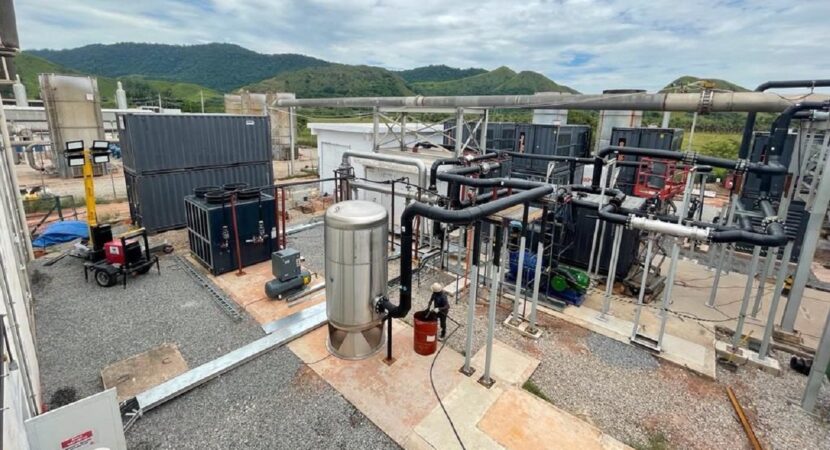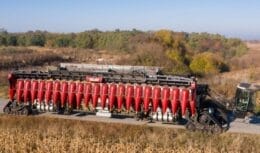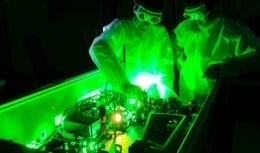
The company EVA Energia, from the Urca Group, started this week the activities of its third biogas plant in São Paulo and is focusing on the 'pre-salt caipira', that is, on the waste coming from landfills and agriculture.
EVA Energia, a company of renewable energy do Grupo Urca, está inaugurando sua terceira usina de Biogás neste mês, em Mauá (SP), e está fazendo parcerias para seu próximo ciclo de expansão que deve envolver uma nova fronteira de fornecedores de insumos, como empresas do agronegócio. De acordo com Eduardo Lima, CEO da Eva Energia, no pipeline, há mais três aterros de proteína ******, aterros sanitários e outros, da parte de etanol de milho e vinhaça. O executivo ressaltou que a EVA Energia vê o extenso potencial no chamado “pré-sal caipira”.
Brazil would be able to produce 19 GW through “pre-salt hillbilly”
The caipira pre-salt mentioned by the executive is the waste from the agribusiness that can serve as an input for a biogas plant, generating electricity or, also, for the production of biomethane, a sustainable fuel that can replace natural gas.
For the sectoral association Abiogás, the estimate is that Brazil has raw materials from waste from sanitation and agroindustry to supply biogas plants with 19 GW of installed capacity for the production of electricity, which could be done with an offer of 120 million m² of biomethane daily. To give you an idea, the giant Itaipu Binational it has a capacity of 14 GW, in relation to the current production of natural gas in Brazil, with a large part coming from the pre-salt layer, starting at around 134 million cubic meters per day.
The Urca Group company is starting up its 5 MW biogas plant in Mauá (SP) this week, which will use raw material from the caipira pre-salt, which is produced at the Lara Central Waste Treatment Landfill. In total, EVA Energia received investments of 11 million reais in investments and basically has all its energy already sold to other companies.
EVA Energia units in operation in Brazil
In addition to the biogas plant in SP, the Urca Group has operational plants located in Seropédica (RJ) and Ipiranga do Norte (MT), which together have 8 MW of installed capacity and use the caipira pre-salt for the generation of electric energy.
The three units operate in the distributed generation mode and, in total, received R$ 50 million in investments. The company's next venture is already under construction and will be in São Gonçalo (RJ), where another 5 MW of installed power will be generated from landfill biogas.
It is estimated that it will start operating in the second half of the year. At the same time, the company is negotiating partnerships for a second expansion phase, which should require an additional R$60 to R$70 million in investments.
Other raw materials may come from the "pre-salt caipira"
EVA Energia began structuring its projects next to landfills because they are easier to access, with a more stable supply of biogas, but now it is aiming for new frontiers, according to the president.
According to Lima, new negotiations and partnerships involving an input from corn ethanol and palm oil waste are being carried out, and he says that the Urca Group company will soon present these projects.
This year, Biogas and Biomethane gained greater attention from the government, which developed a strategy to encourage the construction of new production units. At the end of last year, Raízen began construction of a new biogas plant in Piracicaba (SP).













I was hoping there was one because in…
The Intern must have graduated in…
I think the country agrees…
43 thousand dollars if it is right 😁😁😁😁
The same thing happened recently with Hyundai…
This may be the future, but if…
Nothing prevents you from doing both…
A missile from the beginning of the 1990s…